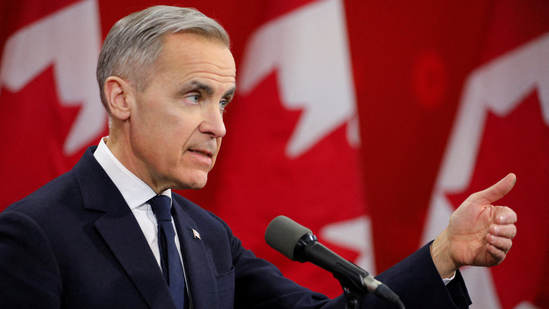Parliament nod for bill to grant equal rights to HIV, AIDS patients
Tue 11 Apr 2017, 21:49:30
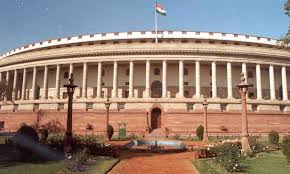
Parliament today gave its nod to a crucial bill to ensure equal rights to the people affected by HIV and AIDS in getting treatment, admissions in educational institutions and jobs.
Terming the unanimous passage of the Human Immunodeficiency Virus (HIV) and Acquired Immune Deficiency Syndrome (AIDS) (Prevention and Control) Bill, 2017 in the Lok Sabha as "historic", Health Minister J P Nadda said the government "stands committed for free treatment of HIV patients."
The bill was passed by Rajya Sabha on March 21.
Maintaining that the Bill was 'people centric', the minister said it strengthened the rights of the people infected with HIV.
"It is not the case that before coming of this bill, these people (infected with HIV ) were not empowered. But with the passage of this bill they will get more powers," he said.
The Bill lists various grounds on which discrimination against HIV positive persons and those living with them is prohibited.
Asserting that there would be no discrimination against persons infected with HIV, Nadda said "whosoever who does not adhere to the provisions of the bill will be penalised. There would also be
civil and criminal proceedings against them."
civil and criminal proceedings against them."
Legal action, Nadda said, would be initiated against the persons for creating an environment against the HIV patients. "Action would be also taken against those who come between the implementation of the provisions of the proposed bill."
The legislation has provisions to safeguard the property rights of HIV positive people, he said, adding that every HIV infected or affected person below the age of 18 years has the right to reside in a shared household and enjoy the facilities of the household.
The Bill also prohibits any individual from publishing information or advocating feelings of hatred against HIV positive persons and those living with them.
The Minister said the government will promote research to check HIV virus and come out with aggressive strategies on this, especially in high risk areas, counselling and testing.
Asserting that India runs second largest Antiretroviral Theraphy (ART) programme in the world, Nadda said the rate of new HIV infections have dropped by 67 per cent, from 2.5 lakh to 85,000 and AIDS related deaths have declined to 54 per cent, which is more than the global average.
No Comments For This Post, Be first to write a Comment.
Most viewed from National
Most viewed from World
AIMIM News
Delhi Assembly polls: Owaisi leads Padyatra in Okhla
Feb 01, 2025
We reject this Waqf Amendment Bill: Asaduddin Owaisi
Jan 30, 2025
Latest Urdu News
Most Viewed
May 26, 2020
Do you think Canada-India relations will improve under New PM Mark Carney?
Latest Videos View All
Like Us
Home
About Us
Advertise With Us
All Polls
Epaper Archives
Privacy Policy
Contact Us
Download Etemaad App
© 2025 Etemaad Daily News, All Rights Reserved.

.jpg)



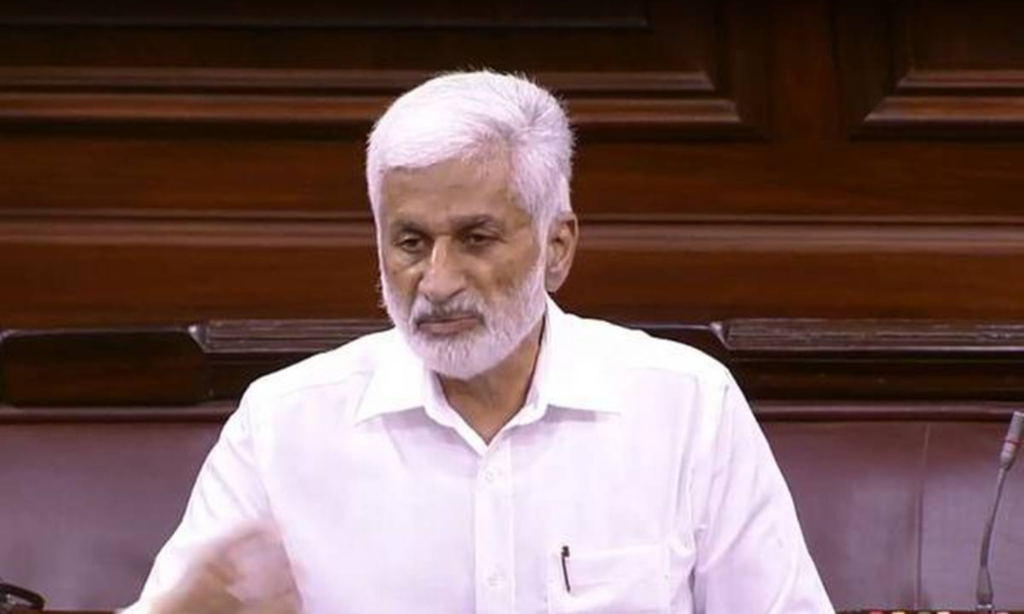

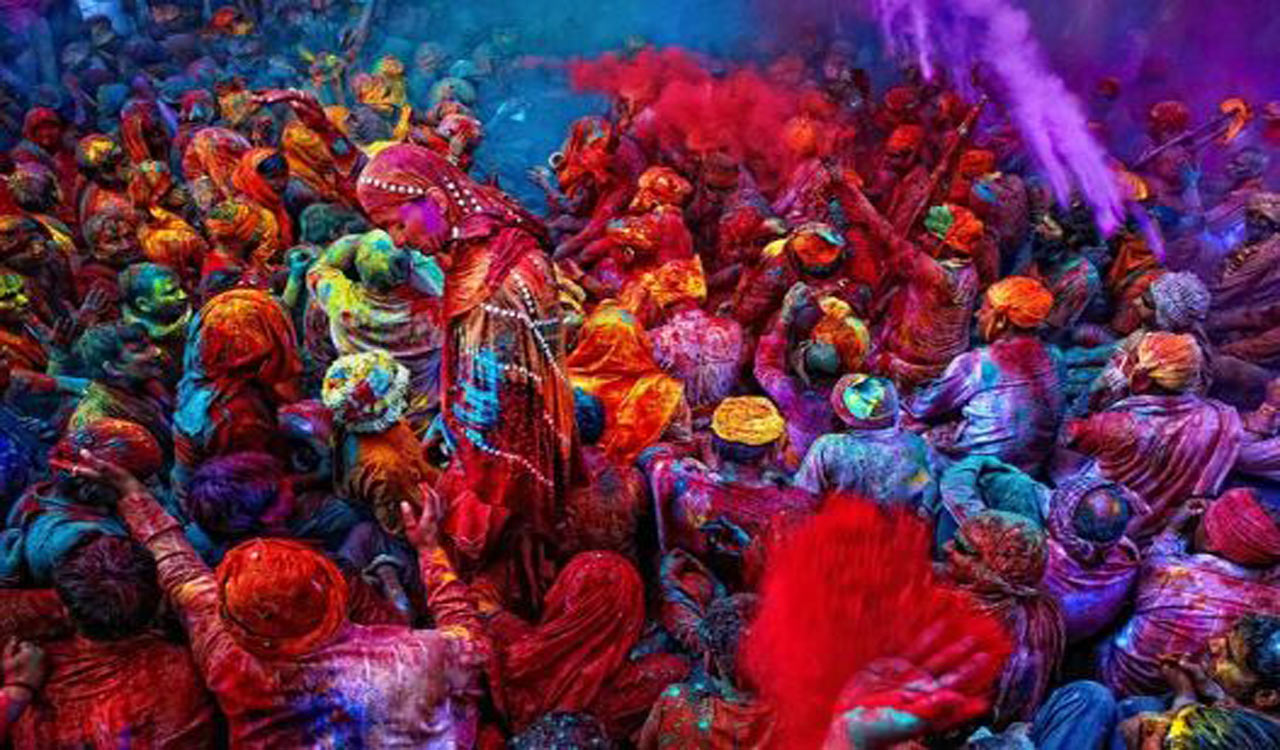
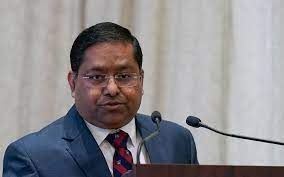



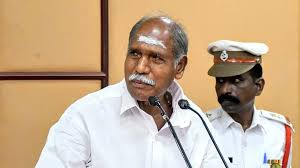
.jpg)
.jpg)
.jpg)
.jpg)
.jpg)
.jpg)
.jpg)

